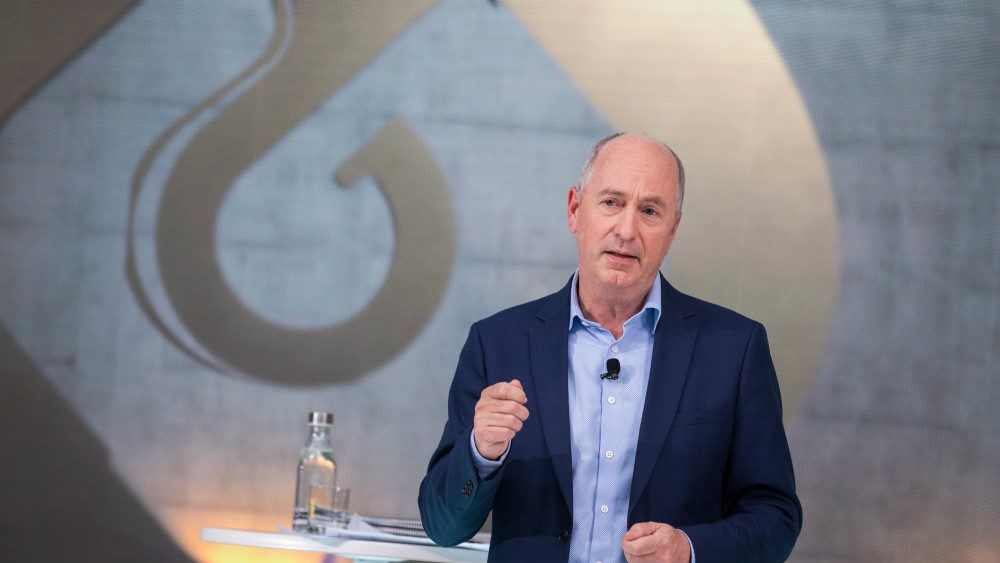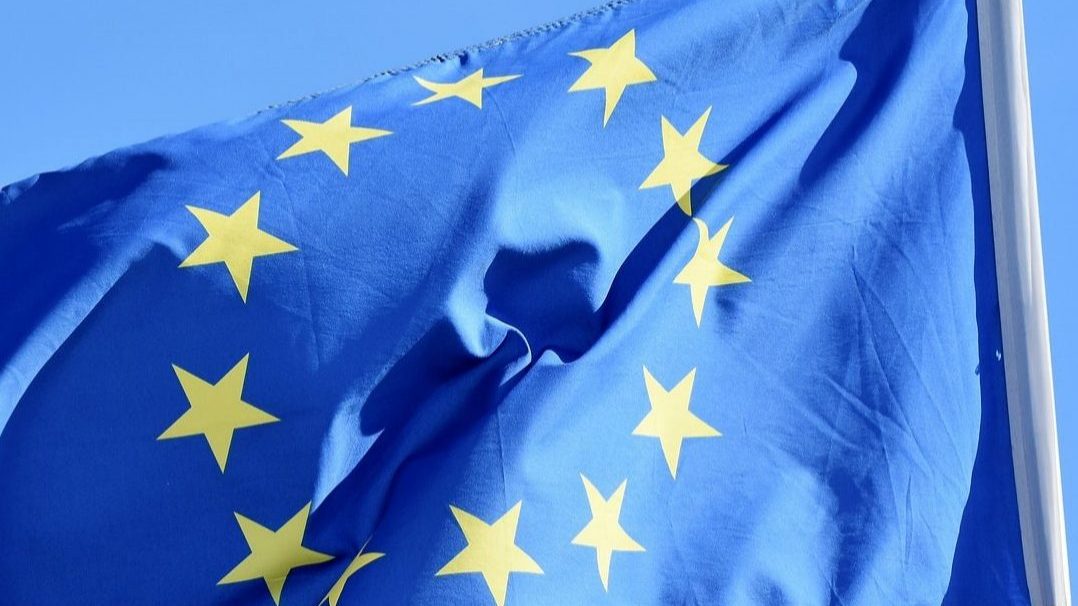Galp refuses ‘financing Russian atrocities’ in Ukraine
The CEO of the Portuguese company believes that the Russian invasion of Ukraine will speed up the energy transition to renewable energies and maintains the goal of stopping selling oil by 2050.
CEO of Galp Energia believes that the Russian invasion of Ukraine will accelerate the transition to renewable energies. In an interview with El País, Andy Brown maintains the goal of stopping selling oil by 2050 and justifie the ending of commercial relations with Russia.
“We don’t want to contribute to financing the atrocities we are seeing in Ukraine,” says the CEO of the Portuguese oil company, adding that Galp feels “happy” and “proud” to have taken the decision to stop buying oil from Russian suppliers, which “may have an impact” on the company’s business.
Andy Brown also stresses that Russia’s invasion of Ukraine has driven a “shift to alternative suppliers” and will accelerate the transition to renewables. “Most of those lost sales are unlikely to come back: Russia is cutting relations with some of its best customers,” he adds.
At a time when the European Union is discussing a ban on imports of Russian “black gold” and despite some member states continuing to oppose the measure, Galp’s CEO warns that “it will be a great challenge especially for Central Europe” to survive without Russian gas and oil, however, he signals that the “European Commission has very good proposals” to end this dependence, but admits that “they will take time to implement”. It should be remembered that Russia handles around 25% of the EU’s oil imports, as well as being responsible for around 40% of gas supplies.
Galp’s CEO expects that in 2030 half of the company’s business will derive from renewable energy and maintains the goal of reaching 2050 with zero emissions. “In 2050 we will not sell or sell very little oil: we will sell electricity, hydrogen or biofuels, but not fossil fuels.”
As for green hydrogen, Andy Brown stresses that the “Iberian Peninsula is one of the most attractive places on the continent to produce green hydrogen”, however he warns, that in the long term “it will have to compete with green hydrogen from Brazil or Middle Eastern countries, which will be transported in a liquid state.”


